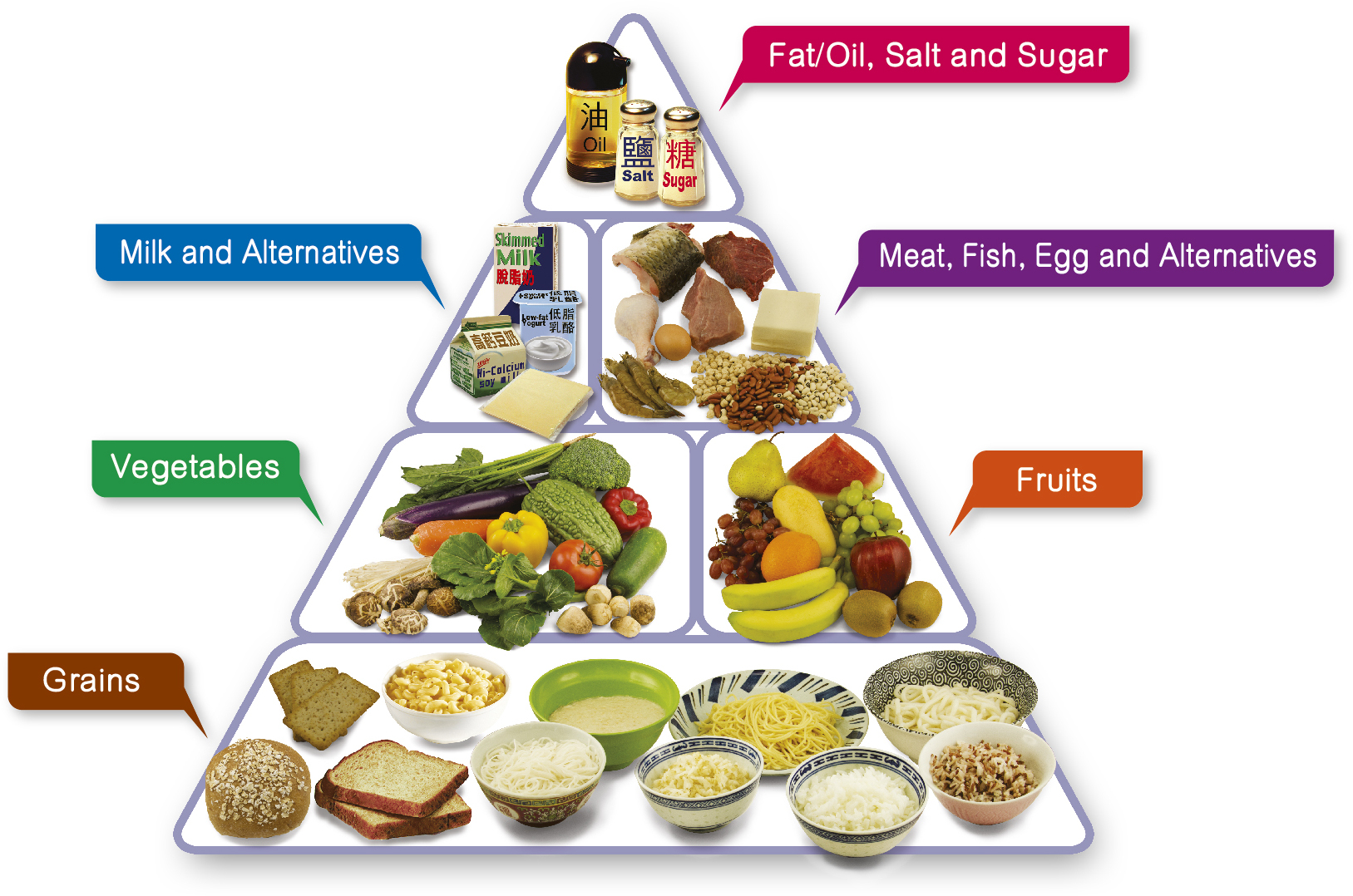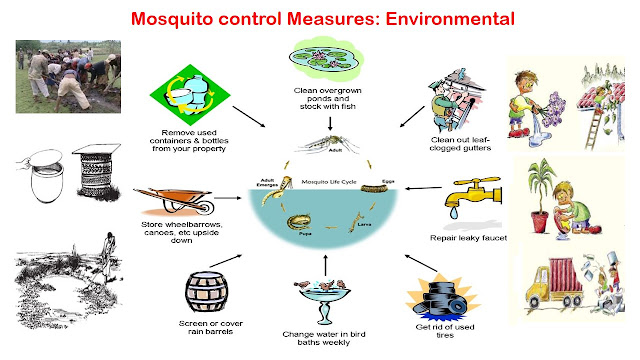National Nutrition Week: Healthy diet for Adolescents
Who are Adolescents?
As per WHO Adolescents are persons in age group 10-19 years & constitute about 1/4th of India's population.
What is the need?
Adolescents undergo rapid changes in body size, physiology, psychology & social functioning as it is a transition from childhood to adulthood. It is a phase of rapid growth & development hence nutritional needs vary for them & needs to be taken care.
When National Nutrition Week is celebrated?
1st to 7th September every year in India to focus on various aspect of Nutrition among all age groups.
What should be included in diet?

- Grains: 4 - 8 bowls
- Vegetables: at least 3 servings
- Fruits: at least 2 servings
- Meat, fish, egg and alternatives: 200 - 300 gm
- Milk and alternatives: 2 servings
- Fat/oil, salt and sugar: eat the least
- Fluid: 6 - 8 glasses
Healthy points for adolescent girls:
The menstruation related needs of the girls make the nutrient requirement/ unit body weight more than boys for them
- Build strong bones: To get vitamin D & calcium choose fat-free or low-fat milk, cheeses, and yogurt. Do activities such as running, gymnastics, and skating.
- Cut back on sweets: Sipping water and cutting back on cakes, candies, and sweets & sugary drinks will help to maintain a healthy weight.
- Power up with whole grain: At least half your grain foods should be whole grains such as brown rice, whole-wheat breads, and popcorn.
- Choose vegetables rich in color: To get all essential minerals & vitamins
- Check nutrition facts labels for iron: Most protein foods like meat, poultry, eggs, and beans have iron, and so do fortified breakfast cereals and breads.
- Be a healthy role model: Encourage your friends to practice healthier habits.
- Try something new: Keep healthy eating fun by trying new healthy foods like lentils, mango, quinoa, or kale.
- Make moving part of every event :Aim for 60 minutes of physical activity each day.
- Include all food groups daily
- Everyone has different needs:Based on age, gender, height, weight, and physical activity level. Go to SuperTracker.usda.gov. to know how much food you need.
Healthy points for adolescent boys:
Feed your growing body by making better food choices today as a teen as you continue to grow into your twenties also.
- Get over the idea of magic foods: Boys need to eat vegetables, fruits, whole grains, protein foods, and fat-free or low-fat dairy foods, unsalted nuts, beans, lean meats, and fish.
- Always hungry: Eat half of grains as whole grains as wheat breads, pasta, and brown rice instead of white bread, rice, or other refined grains & vegetables/fruits to “fill-up.”
- Keep water handy: Take a water bottle in your backpack to satisfy your thirst & skip soda, fruit drinks, energy and sports drinks.
- Make a list of favorite foods: To keep in your fridge whenever you need
- Start cooking often: Learn to prepare your own food so you can make healthier meals and snacks.
- Skip foods that can add unwanted pounds
- Learn how much food you need: You may need more/less food than others.Go to SuperTracker.usda.gov. to know how much food you need based on your age, height, weight, and activity level.
- Check Nutrition Facts labels: To know Calcium and vitamin D levels that are important for your growing bones.
- Strengthen your muscles: Work out at least 10 minutes at a time to see a better you & do at least 60 minutes of physical activity every day.
Important points:
- Plenty of milk and milk products should be given to children & adolescents as calcium is needed for growth and bone development.
- Encourage children/adolescents for outdoor activities
- Promote appropriate lifestyle practices like washing hands before meals, brushing teeth twice a day, hygiene practices to name a few.
- Avoid overeating during a single meal. Eat at frequent intervals.
- Exposure to sunlight helps maintains vitamin D which helps in calcium absorption.
- Never starve the child. Feed energy-rich cereals-pulse diet with milk and mashed vegetables.
- Give plenty of fluids during illness. A child needs to eat more during and after episodes of infections to maintain proper nutritional status.
- Use Oral Rehydration Solution (ORS) along with zinc tablet to prevent and control dehydration during diarrhea episodes.
- Drink 2-2.5 liters of water to hydrate the body. It is preferred to have water/ buttermilk/ lassi/ fruit juices/ coconut water over soft drinks and other packaged drinks.
References:
- https://www.nhp.gov.in/healthlyliving/healthy-diet
- https://vikaspedia.in/health/nutrition/dietary-guidelines-1/diet-for-children-and-adolescents
- https://www.who.int/en/news-room/fact-sheets/detail/healthy-diet
- https://www.chp.gov.hk/en/static/90017.html
- https://www.choosemyplate.gov
- Park, K. (2019). Park's textbook of preventive and social medicine. 25th. Jabalpur, India: M/S Banarsidas Bhanot.
- Kadri AM. (2019). IAPSM's Textbook of Community Medicine. 1st. New Delhi, India: Jaypee Brothers Medical Publishers (P) Ltd.
- https://columbustelegram.com/news/local/eating-well-matters-turn-to-myplate-for-helpful-nutrition-information/article_d974b818-b500-52ea-be28-85b47a59e537.html photo credit






You've shared some excellent blog about electrolyte powder. I'm grateful for this post because it contains a lot of useful information. Thank you for sharing this piece of writing.
ReplyDeleteYour blog is very valuable which you have shared here about.best multivitamin for men uk I appreciate your efforts which you have put into this article and also it is a gainful article for us. Thank you for sharing this article here.
ReplyDeleteExcellent job, this is great information which is shared by you. This info is meaningful and factual for us to increase our knowledge about it. So please always keep sharing this type of information. Read more info about best hydration drink
ReplyDeleteDuring this post, you have shared fantastic content about buy codeine cough syrup. This article provided me with some useful knowledge. Thank you for sharing that. Keep up the good work.
ReplyDeleteIt is a proficient article that you have shared here. I got some different kind of information from your article which I will be sharing with my friends who need this info. Thankful to you for sharing an article like this. https://sunshinecareers.org/clients/19952/posting/6059090/en?utm_source=sunshine.org
ReplyDelete